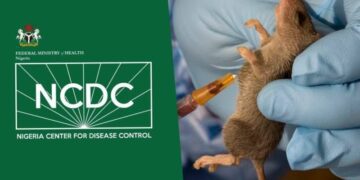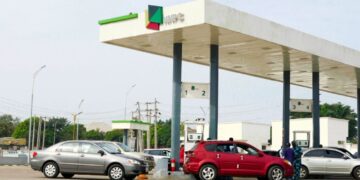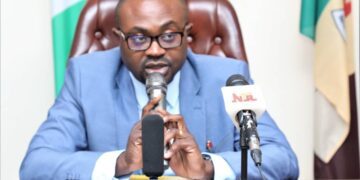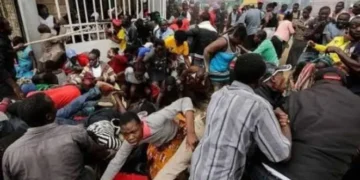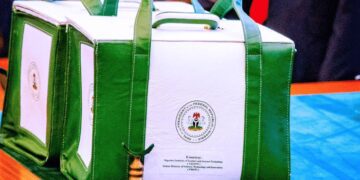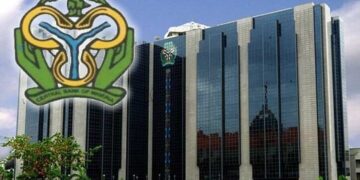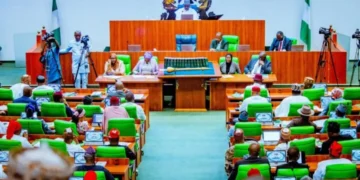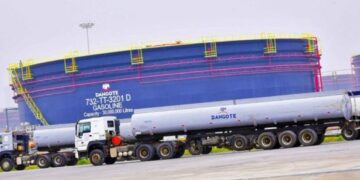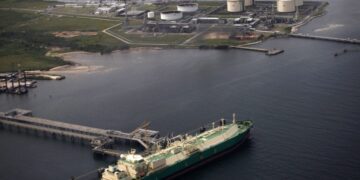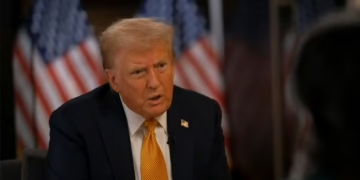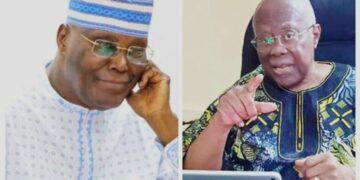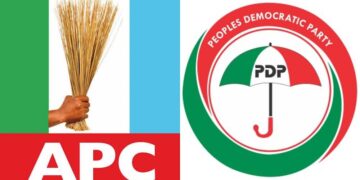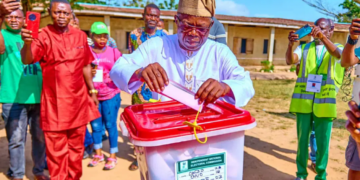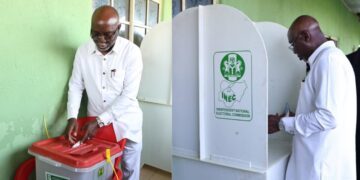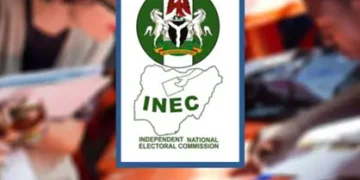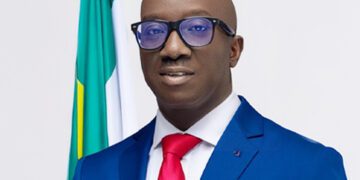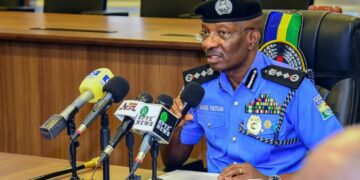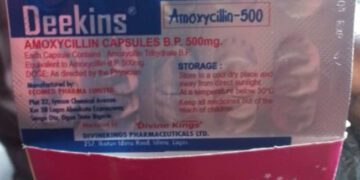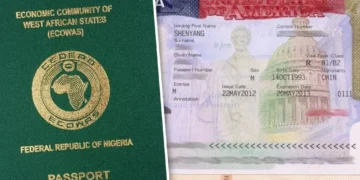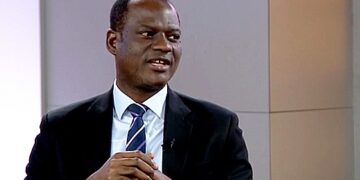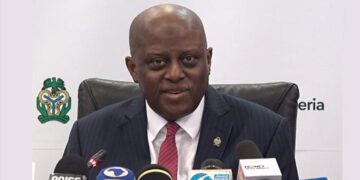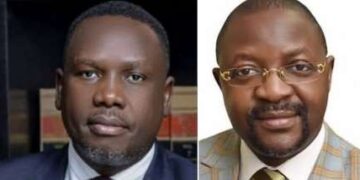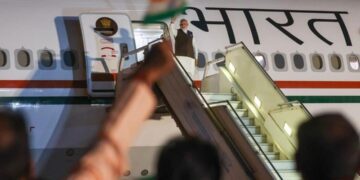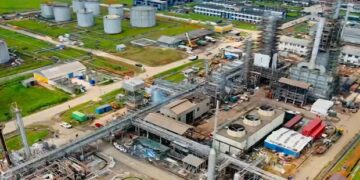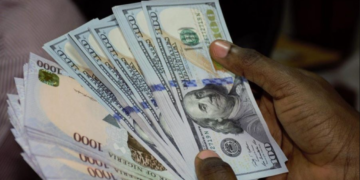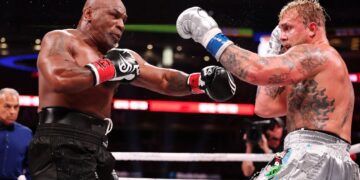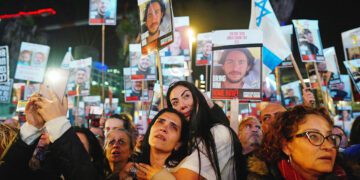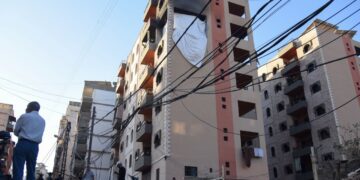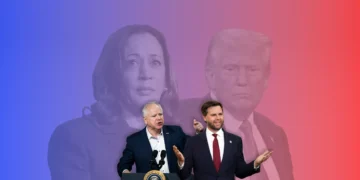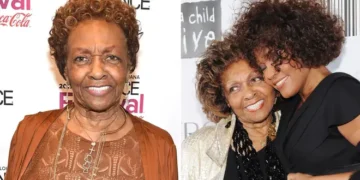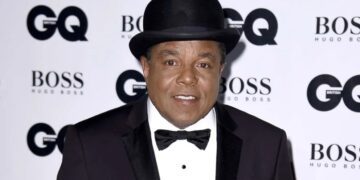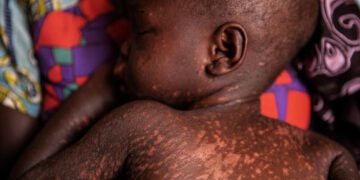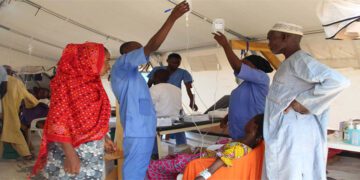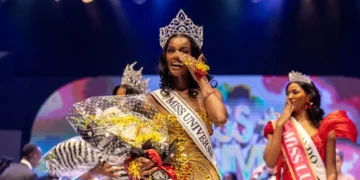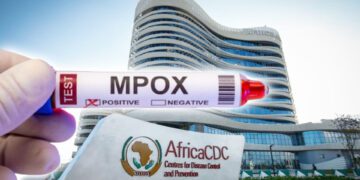The nationwide protests on Day 1, Thursday 01 August were a mixed bag of peaceful and violent demonstrations in different parts of the country.
More peaceful in Lagos, the nation’s commercial capital, Oyo, Ogun, Osun, Ondo, Rivers, Plateau and Cross River.
However, turned violent in parts of the North such as Kano, Kaduna, Borno, Gombe, Niger, Jigawa and partly in the FCT.
Youths in some states especially in the southeast chose not to participate in the protests notably in Ondo, Ekiti in the Southwest; Kogi, Kwara and Benue in the Northcentral; Kebbi in the Northwest, Akwa Ibom in the South-South and four Southeast states – Anambra, Enugu, Abia and Ebonyi.
About 14 deaths have been reported in four states during the violence that accompanied the protests. A police station in Nyanya, Abuja and the secretariat of the APC in Dutse, Jigawa State, were torched.
The Nigeria police used teargas to disperse some protesters, who attempted to seize Eagle Square. As feared by the security agencies, hoodlums hijacked the protest and went on a looting spree in Kano, Borno, Yobe and Edo, forcing governors of these states, except Edo, to slam curfew on the first day of what the organizers said would last for 10 days. Protesters in Lagos stayed mainly around the Gani Fawehinmi Freedom Park in the Ojota area, in line with the order of the court.
Security agents gave protection during the procession and stayed with them throughout the day. Hoodlums hijacked the protest in the FCT. They took over major roads leading to the city and other satellite towns. Organizers had headed to the Moshood Abiola Stadium, Abuja in compliance with a court order but on arrival, met many security men.
FCT Commissioner of Police Bennet Igweh asked the protesters to move into the stadium complex instead of staying outside but the organizers insisted on staying outside. After an hour, the protesters moved into the city through the Central Business District (CBD) to Eagle Square where the protest was hijacked, leading to violence.
At that point, security agents started shooting teargas canisters to disperse them from gathering around the Ministry of Foreign Affairs near the Federal Secretariat. Curfew was imposed on three states – Kano, Borno and Yobe – to avert a further breakdown of law and order. In Kano, 13 persons were arrested by security agents for their involvement in the mayhem. Governor Abba Yusuf imposed the curfew after the multi-million naira Nigerian Communications Commission (NCC) Digital Industrial Park (DIP) and the state High Court were vandalized by urchins who allegedly infiltrated the protesters.
Yusuf, who blamed the violence on “enemies of Kano,” directed security agencies to ensure “full and immediate compliance” of residents with the curfew. The Borno State Police command said a curfew was imposed following a blast in Kawuri village, Konduga LGA, that claimed 19 lives. Police Public Relations Officer Nahum Daso said the decision was taken after consultation with Governor Babagana Zulum.
Before the curfew, four workers of a filling station in Bolori Junction in Maiduguri were said to have died during the protest. There were, however, different accounts of what led to their deaths. While a man, who gave his name as Malam Musa, said they were killed by an explosion, another source said the deceased were hit by stray bullets. Curfew was also imposed on some councils in Yobe State where seven mass transit buses were burnt. The buses were burnt in Potiskum.
Six youths were killed, and many others injured during the protest in Suleja, Niger State when police tried to disperse them with teargas. Angered by the development, the youth who trooped out in their numbers, around 11 am began throwing stones and sticks at policemen. They vandalized a patrol vehicle marked NPF 9102C. Protesters in Kaduna vandalized and looted the headquarters of the state Traffic Law Enforcement Agency (KASTLEA) and Kaduna Investment Promotion Agency (KADIPA). Twenty-five of the perpetrators were held by security agents.















